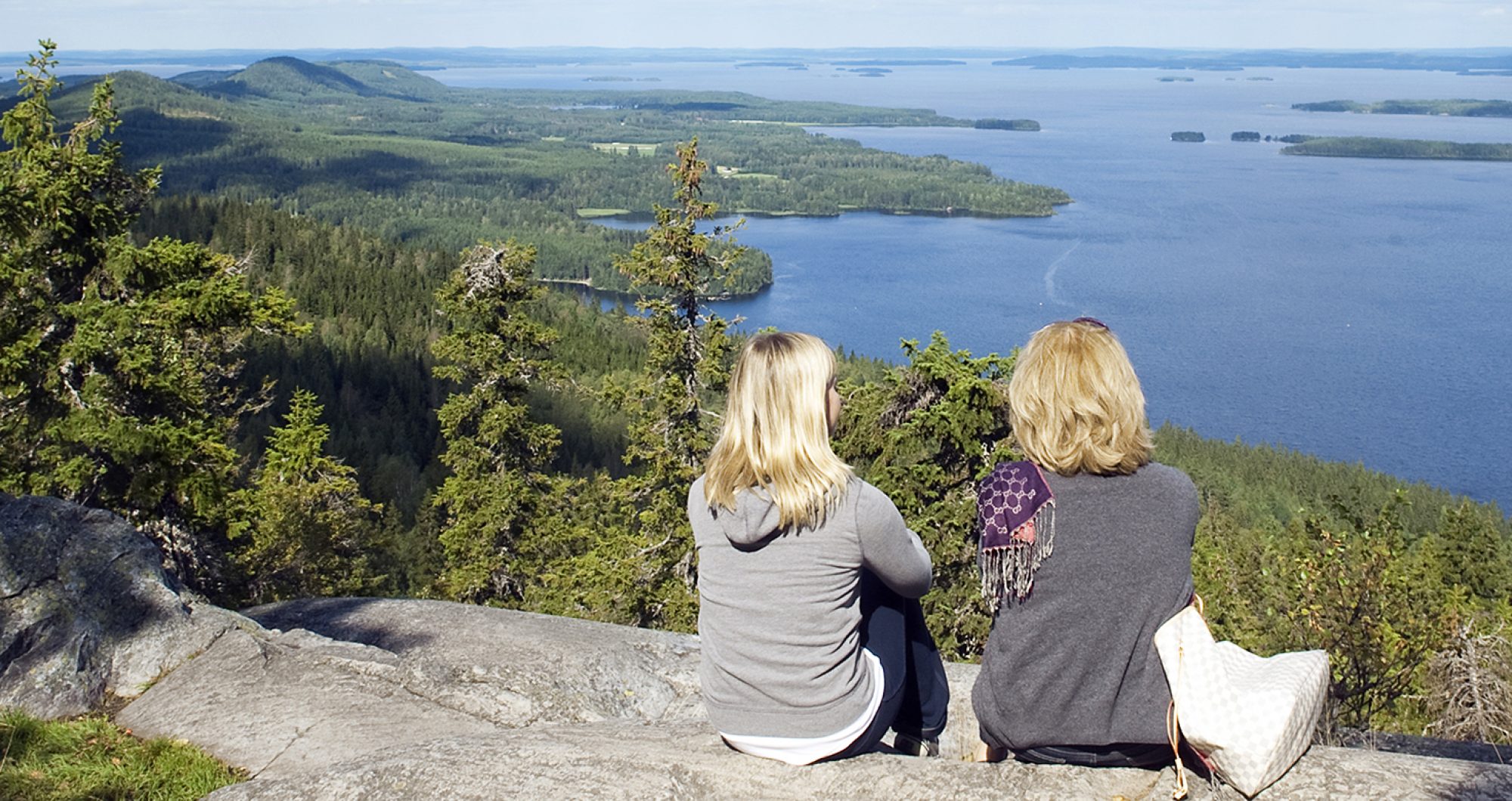Challenged ruralities: Nordic welfare states under pressure
In recent years, the Nordic welfare states have been under pressure due to globalization, neoliberalism, the financial crisis, climate change, migration, etc. Although the welfare states still form the backbone of the Nordic countries and still secure democracy, the former division of labor between the state, market and civil society is no longer functioning as it once did. In many ways, the welfare states seem to have withdrawn, been transformed or become centralized with the responsibility for performing many functions being given to the private sector or civic societies. This is true for rural areas, in particular, where a range of municipal and public reforms have had a significant and rapid impact on public services and enlarged distances to citizens.
The fifth Nordic Rural Research Conference will explore the extent to which the changes we are witnessing today will influence rural areas and rural research in the Nordic countries.
These changes can be experienced in many ways in rural areas and are unavoidable in rural research. The conference will focus on the following four themes:
1. Politics, governance, local capacities
How have the profound changes in the welfare states affected national rural policies? What characterizes recent rural policies and politics in each country? What characterizes rural civic societies’ responses and capabilities to (re)act in general?
2. Infrastructure and services
On the one hand, much basic infrastructure and public services are being closed down or reduced in rural areas, while on the other hand there is a demand and need for a similar level of provision as in the rest of the society, e.g. looking after children, the elderly, schools and access to ICT. What solutions can be found? How are local communities involved?
3. Demography and mobility
Demography is heavily influenced by in-migration from poor countries, but also by urbanization, while recently there has been a tendency towards counter-urbanization as a response to the major changes. Among others lifestyles based on closer link with nature, new food-systems and mental health are emerging. What are the demographic trends and what effect are they having on the resource base in rural areas in the Nordic countries? How are local communities (re)acting to migration? Can any new patterns of rural consumption be identified?
4. Agriculture, forestry and fisheries
What effect are the ongoing changes mentioned above having on traditional enterprises, such as agriculture, forestry and fisheries, but also the extractive industries? Has recent immigration opened up for new opportunities in these sectors? How are agriculture, forestry and fishery enterprises coping with the financial crisis? How are they affected by neoliberal trade agreements that open up for competition?
Call for abstracts. Deadline the 1st of January 2018. See list of working groups
